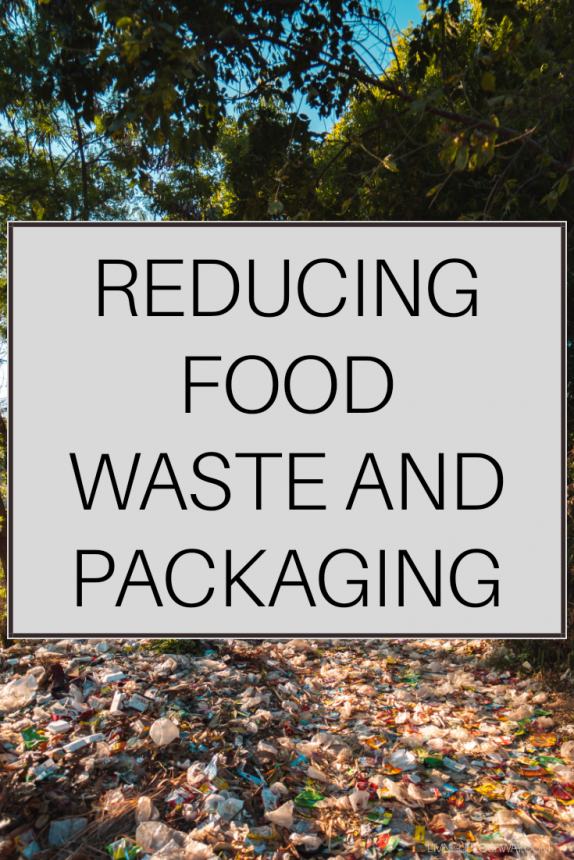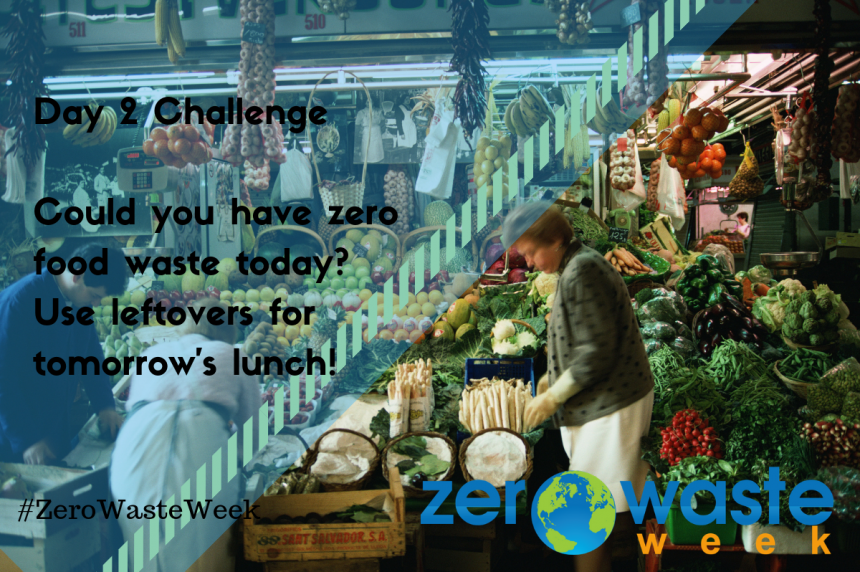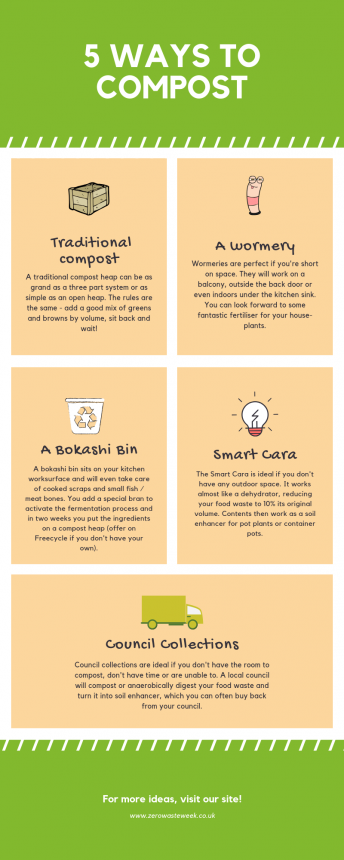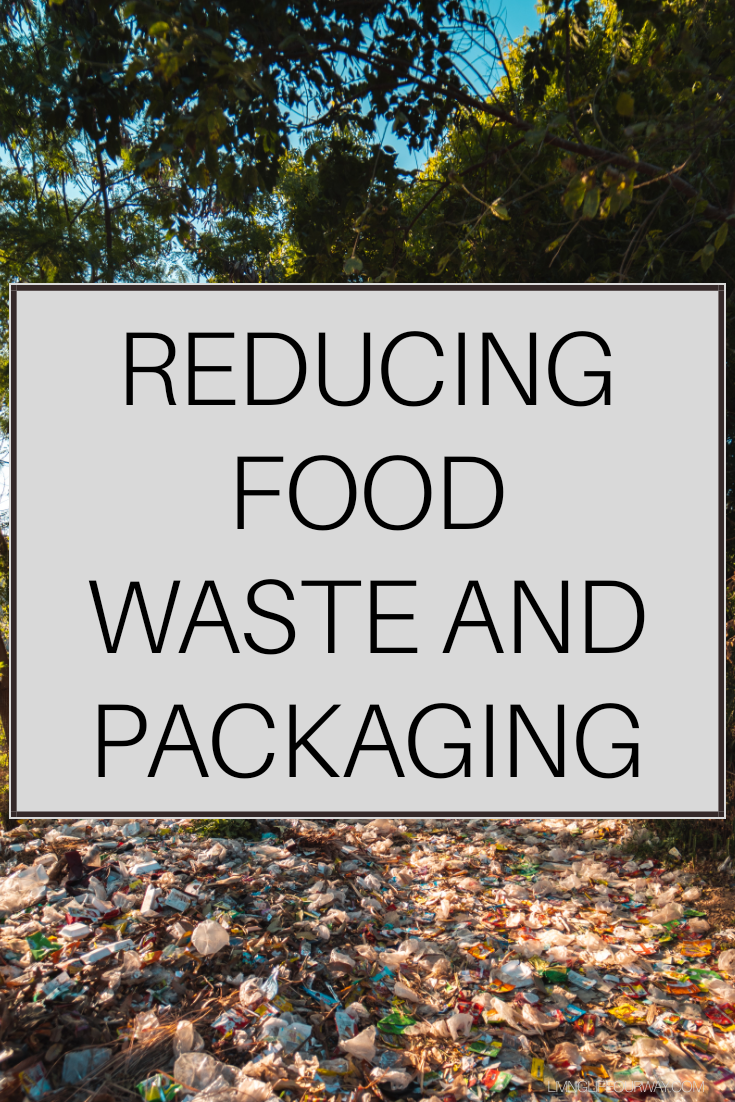Did you know the average UK household throws away 22% of their weekly food shop? This adds up to £700 per year! This food waste is a huge factor in climate change.

Understanding Food Waste
As I mentioned, the UK has a major issue with food waste. The industry itself produces approximately 1.9 million tonnes of wastage each year, whereas the household equivalent is reported to be around 7.3 million tonnes. Food decomposing in an environment without air produces methane; a very dangerous greenhouse gas that is disastrously potent at trapping the sun’s heat. In other words, food waste leads to global warming if sent to landfill. Therefore, how we manage our food waste is extremely important. We need to try to reduce the amount of food waste we create, and compost that which is unavoidable.
Packaging
But when it comes to food items, the actual food wastage itself is not the only thing to factor in though. The material our food comes in causes numerous problems too. There are boxed goods and aluminium cans, for example; these are straight forward to recycle. Plastics can be somewhat more complicated, however. Some are unrecyclable and others depend on local authorities. This means that many find the process intimidating, leading to more waste heading to landfill than is required. It is also worth remembering that recycling plastics still has a significant environmental cost too, as the process is more complex than many other materials. The other issue is that plastic of course doesn’t sufficiently break down naturally and it often finds its way into our oceans; adversely affecting our environment and wildlife.
Tips For Recycling Plastic Food Packaging
• First of all, can it be reused or upcycled? Strong plastic containers can be washed and kept for storage.
• Check what type of plastics your local council can take in recycling to avoid sending any unnecessary items to landfill.
• Any stretchy plastics can be put in the carrier bag recycling collection stations found in some supermarkets.
• Crisp packets can be recycled under the Terracycle scheme. Check on the website for your nearest drop-off points.
(Remember: trying to avoid this packaging in the first place if possible is still best!)

Can you manage a zero food waste day? Here are some tips to help…
• Only buy food you need; take an inventory of what you already have before shopping and also avoiding buying greater quantities than you can eat.
• Find recipes that will help you make the most of any leftover ingredients. Take dinner leftovers for lunch the next day. And remember you can freeze many foods (and meals) before they perish so they can be kept even longer too.
• Shop locally and seasonally to reduce air miles and unnecessary packaging. Markets, zero waste stores/refill shops and local farms are all possible places to consider food shopping, depending on what options you have nearby.
• For your unavoidable food waste, look at ways of composting or use a local authority kerbside collection.

Summary
As consumers, there is little we can do about production, except by affecting supply and demand through our purchasing choices, but we can control our own consumption and waste management. If we are careful to only buy what we need, choose less/no packaging and avoid plastic as much as possible, then dispose of any remaining unavoidable waste correctly, this can really help to make a difference.
What other food waste reduction suggestions do you have?

